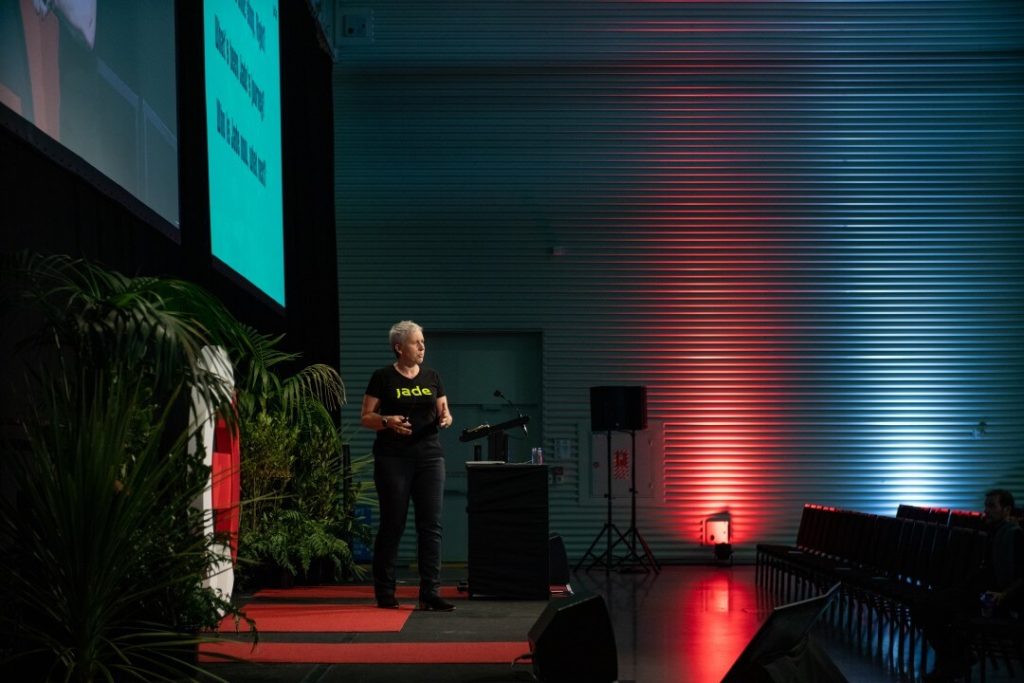Neil Hamilton, General Manager of Canterbury Tech
Mid May 2020 – Many people in New Zealand are out of work and this is going to get worse. So why does technology matter? Surely we just need to throw money at those ‘shovel ready’ infrastructure projects and thrust said shovels into the hands of the unemployed don’t we?
Well that may be a part of the short-term response, but we have a once-in-a-lifetime opportunity to channel the huge disruption caused by Covid to actually make some structural changes to the New Zealand economy. These should move us towards a more productive, higher-value future with lower environmental impact. Technology MUST play a prominent role in this, and here’s why:
- Our tech sector is diverse in nature, and therefore fairly resilient.
- Covid has accelerated the trend towards digital transformation & virtual workplaces.
- Our sector is able to recover quickly and produce high-value exports.
- We can cross-train and upskill people into technology roles to address the forecast long-term tech skills shortfall and improve our poor productivity as a nation (see the Productivity Commission’s recent report – https://www.productivity.govt.nz/assets/Documents/0634858491/Final-report_Technological-change-and-the-future-of-work.pdf).
The longer version, expanding upon the four bullets above …
Covid has hit many industries hard, particularly tourism, travel, hospitality and retail. These will recover at varying rates and to varying degrees, but it is not yet clear how much structural change will shape the ‘new normal’ for these sectors, and over what time horizons.
Meanwhile the tech sector is experiencing issues too, but these are not across the board. Some companies are significantly affected and making staff redundant, whilst others are growing quite strongly. These effects vary so much because our tech sector is really diverse and delivers a huge range of products and services to many business sectors, both domestically and across the globe. In other words, it is not a narrow niche that can be devastated if demand shrinks substantially, instead demand is spread across many industries and sub-sectors, thereby providing some inbuilt sector resilience. Therein lies one of its key strengths – it is less vulnerable to macro-shocks and more able to recover quickly. Technology people can be redeployed relatively quickly even if their specific sub-sector or company is badly affected, meaning that jobs and productivity lost can be relatively quickly recovered – there is no major investment in infrastructure or machinery required to achieve this (in most cases).
In addition, the measures taken to combat Covid domestically in New Zealand have massively accelerated the trend towards digital transformation and distributed/virtual workplaces. This is creating substantial demand for products and services that facilitate these changes as they require various technologies to bring them about. We can expect this to drive growth or at least a fast recovery from some of our local tech companies.
New Zealand’s technology sector has been 3rd on our list of export sectors by revenue for the last couple of years, however our historical reliance on commodities for the bulk of our exports has changed very slowly. Covid is likely to accelerate the shift towards higher-value products and services that can be shipped globally at lower economic and environmental cost than the likes of milk powder, logs, students and tourists. Other than food products, these commodities have proven to be highly vulnerable to macro-economic shocks – put simply, we still have too many eggs in too few low-value commodity baskets.
There is of course also a need to find alternative employment for those made redundant from the sectors badly affected. The temptation will be to simply divert them into infrastructure and construction where, as long as the investment is available, they can be quickly utilised, but this would be a short-lived and short-sighted solution, given the boom/bust nature of such major projects. We know that the pre-Covid tech sector already had a significant shortfall in forecast skilled labour required in the long-run, and mass redundancies provide a great opportunity to cross-train and up-skill people to address this issue. By doing this we will push the tech sector upwards in terms of contribution to high-value, environmentally sustainable GDP, and also start to shift the dial on our stubbornly low productivity as a nation.
To make this happen will require a concerted effort by the tech sector itself, but central/local government and industry at large too. Currently, technology barely figures in the government policies announced or media coverage. Come on New Zealand – let’s think long-term and expansively, and not simply succumb to the easy, the short-term and the tactical …to do so will take us towards where we have been before, not where we need to go!




